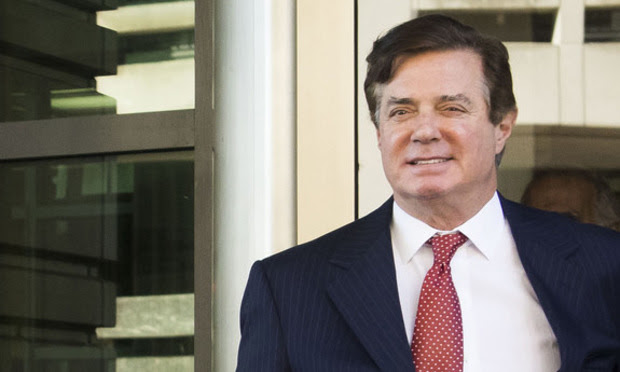Welcome to Compliance Hot Spots, our briefing on compliance, enforcement and government affairs. As always, thanks for reading, and we value any feedback. Tips or other other suggestions? What’s on your plate? Contact me at [email protected] or 202-828-0315, or follow me on Twitter @cryanbarber. Let’s get started.
➤ Want to receive Compliance Hot Spots straight to your inbox? Sign up here.
This content has been archived. It is available through our partners, LexisNexis® and Bloomberg Law.
To view this content, please continue to their sites.
Not a Lexis Subscriber?
Subscribe Now
Not a Bloomberg Law Subscriber?
Subscribe Now
LexisNexis® and Bloomberg Law are third party online distributors of the broad collection of current and archived versions of ALM's legal news publications. LexisNexis® and Bloomberg Law customers are able to access and use ALM's content, including content from the National Law Journal, The American Lawyer, Legaltech News, The New York Law Journal, and Corporate Counsel, as well as other sources of legal information.
For questions call 1-877-256-2472 or contact us at [email protected]









